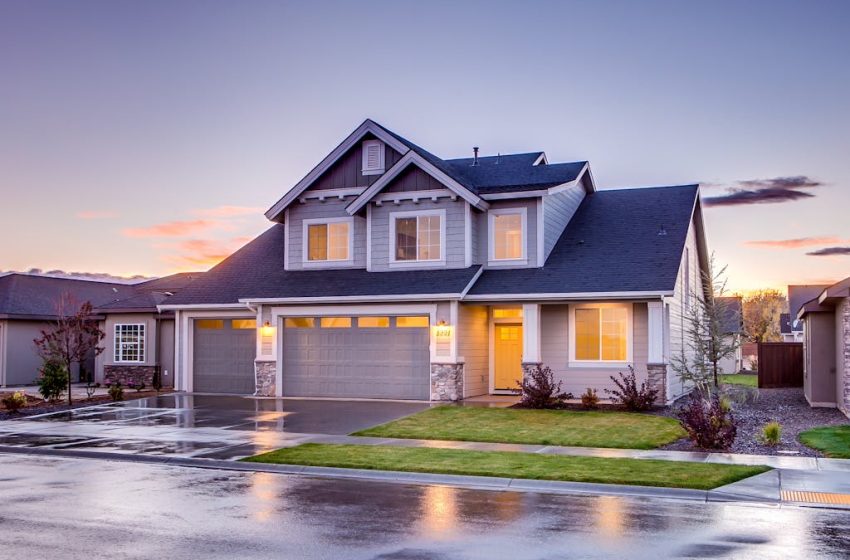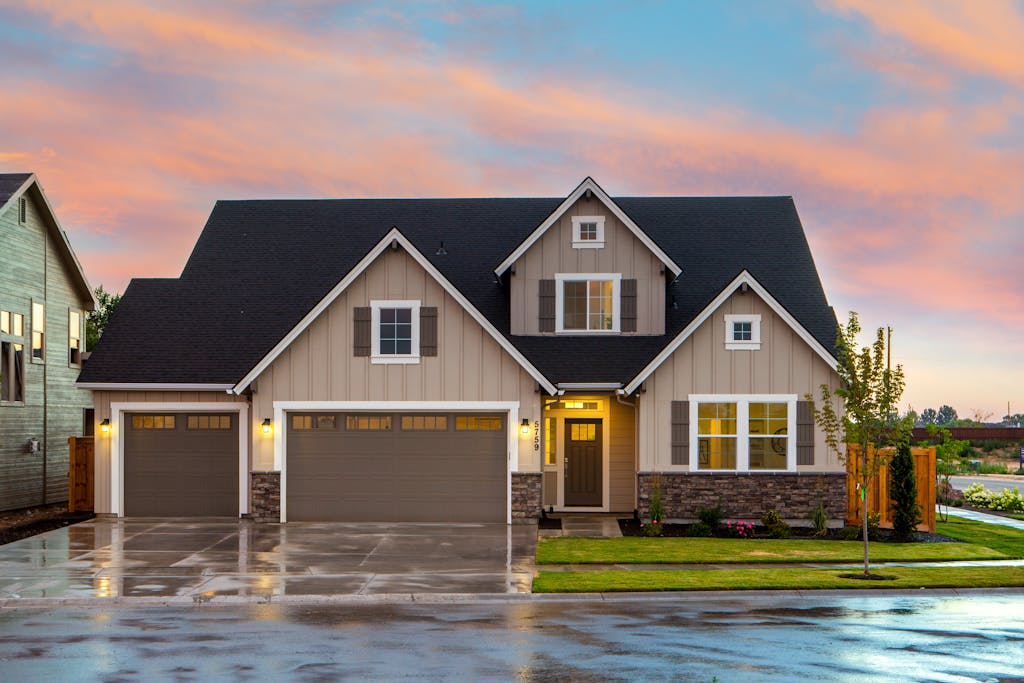
Reverse Mortgage for Veterans
What Is a Reverse Mortgage?
A reverse mortgage offers homeowners a way to turn part of the equity in their homes into liquid cash without having to sell the home or take on immediate monthly mortgage payments. It’s particularly useful for veterans who are retired, living on fixed incomes, or managing increasing medical expenses. In the U.S., it’s available to homeowners aged 62 and older; in Canada, eligibility starts as early as 55.
Eligibility Requirements
Must be of qualifying age: 62+ in the U.S., 55+ in Canada
must be the primary occupant of the property.
Homeowners must have substantial equity in the house
In the U.S., attendance at a reverse mortgage counseling session is required before final approval
Types of Reverse Mortgages
HECM (Home Equity Conversion Mortgage) Insured by the U.S. government, this is the most common reverse mortgage in the United States.
Proprietary Reverse Mortgages Offered by private lenders, these can be ideal for homes with high value or veterans who don’t qualify for HECM.
CHIP Reverse Mortgage (Canada)
Provided through HomeEquity Bank, this product is available nationwide and tailored for older Canadians seeking cash flow in retirement.
Why Veterans Might Consider It
No monthly mortgage payments required
Retain full ownership and live in the home
Funds can be used for medical care, home modifications, travel, or emergencies
Provides a steady income stream and increased financial security
Considerations Before Applying
Interest that has accumulated causes the loan balance to rise over time.
You’re still responsible for property taxes, homeowners insurance, and maintenance
The loan must be paid off if you pass away, sell the home, or move out
Tips for Veterans
Work with a reverse mortgage specialist who has experience with veteran programs
Compare quotes and offerings from veteran-friendly lenders, including those that offer financial counseling
Carefully consider the impact on heirs and estate planning
Reverse mortgages can offer freedom and financial flexibility—particularly for veterans who wish to remain in their home while stabilizing their retirement income.





